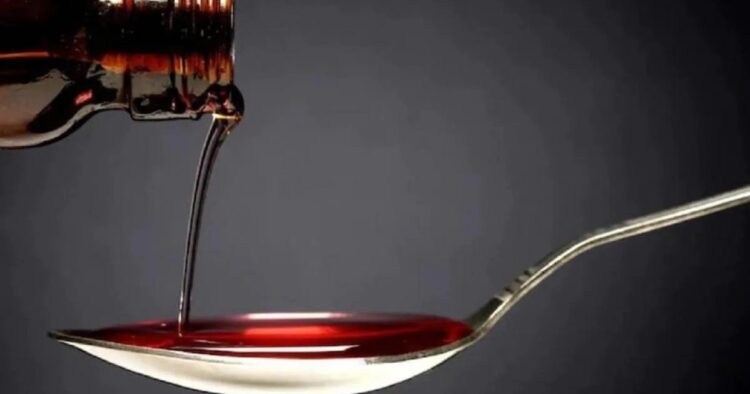Last week, Nigeria’s health authorities sounded the alarm over contaminated children’s cough syrup manufactured by Johnson and Johnson. Routine testing revealed high levels of diethylene glycol, a harmful substance, prompting a swift recall of the product.
However, no immediate harm has been reported, and concerns about the syrup’s safety have rippled across multiple African countries.
The World Health Organization (WHO) is poised to issue a broader warning following Nigeria’s recall. This move aims to prompt vigilance among national health authorities worldwide. However, WHO emphasized the need for confirmation on certain details before issuing the alert.
The tainted batch of Benylin syrup originated from South Africa, produced by Johnson and Johnson in May 2021. Notably, the brand now belongs to Kenvue following a recent spin-off from Johnson and Johnson. Efforts to reach J&J for comment have been redirected to Kenvue, which is currently conducting its own assessment and collaborating with health authorities.
In response to Nigeria’s action, several other African nations, including Rwanda, Kenya, Tanzania, Zimbabwe, and South Africa, have also withdrawn the product from circulation. South Africa’s regulatory agency has further recalled another batch of the syrup, commonly used to alleviate coughs and allergic reactions in children.
Diethylene glycol, the contaminant found in the syrup, poses serious health risks, including acute kidney failure, when consumed. However, no adverse effects have been reported in connection with the recent incident. In previous cases dating back to 2022, similar contamination incidents were linked to raw materials sourced from India and Indonesia.
WHO is actively collaborating with both the manufacturer and South Africa’s regulatory authority to investigate the source of contamination for the Benylin pediatric syrup.
Despite Kenvue’s assertion that the raw ingredients were tested before manufacturing without any concerns, the possibility of counterfeit products is also under scrutiny as part of ongoing investigations.
With concerns mounting over the safety of pediatric cough syrup, global health organizations are intensifying efforts to ensure the integrity of pharmaceutical products and protect public health. More updates are anticipated as investigations unfold and additional measures are implemented to mitigate risks associated with contaminated medicines.

















Comments